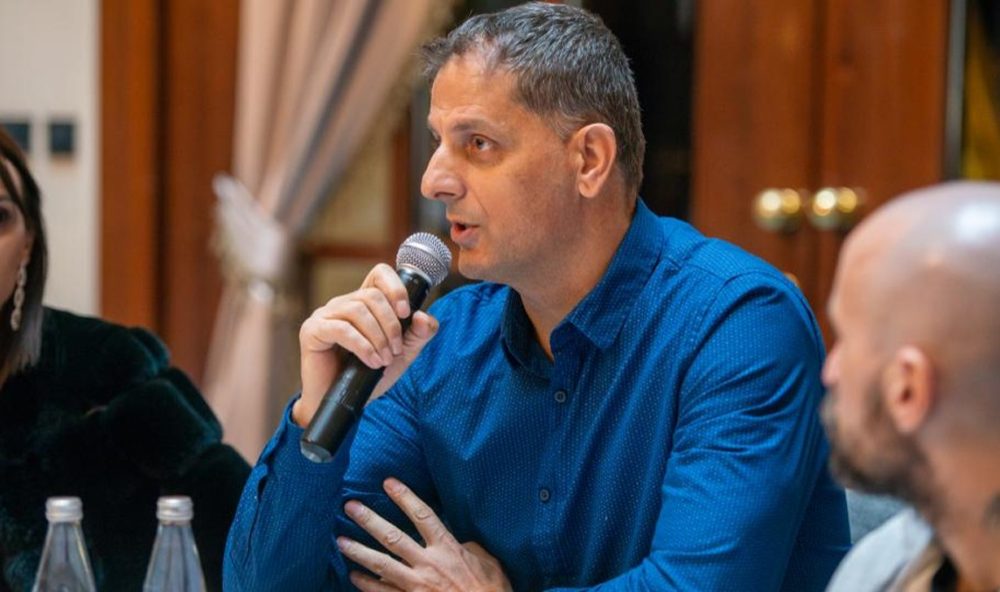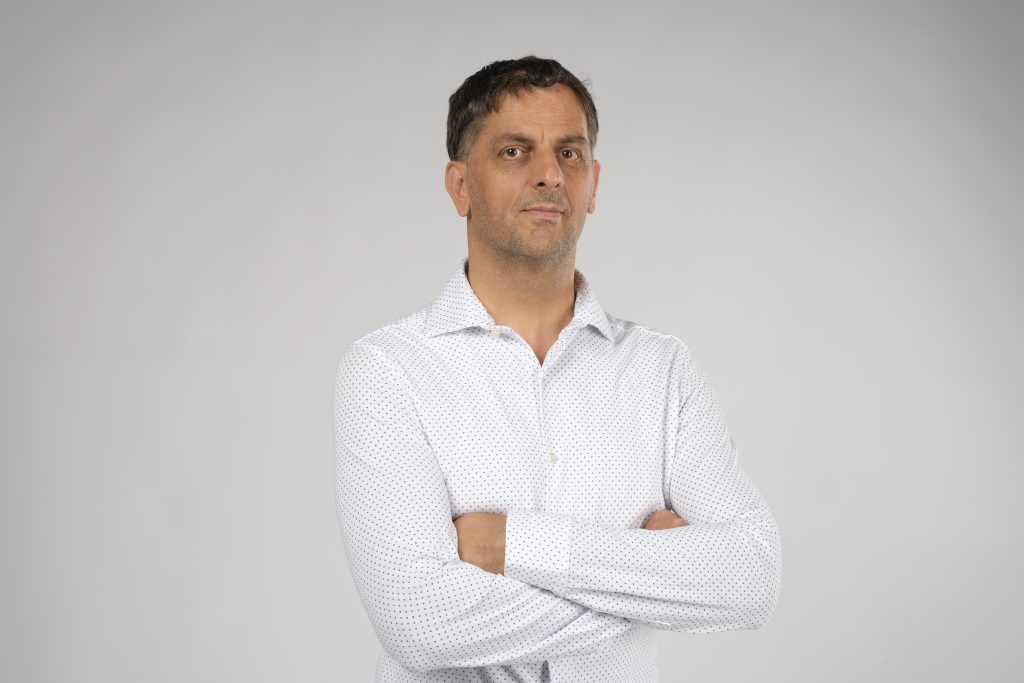By BalkanView
While reports of “sniper safari tours” during the siege of Sarajevo may seem extreme, they must be understood in the context of established facts about the city’s wartime shelling, said Brig. Dr. Safet Mušić, a retired Bosnian intelligence officer and expert on security and violent extremism.
Speaking to BalkanView, Mušić emphasized that the International Criminal Tribunal for the former Yugoslavia (ICTY) has repeatedly found that attacks on civilians were systematic, organized, and sustained, designed to spread terror. “The question is no longer whether civilians were shot at, but whether within this already established criminal pattern there was an additional dimension of the commercialization of violence,” he said. He emphasized that ongoing testimonies do not contradict the court’s findings but that it remains the responsibility of the courts to establish all facts, as war crimes do not expire.
According to Mušić, sniper positions around Sarajevo were under the control of one of the most organized military sieges in modern European history. Any access for foreign individuals, he said, would have required permission or at least tolerance from the command level on the ground. The ICTY had established that chains of command and reporting systems were functional, and that vertical control was maintained. “It is difficult to believe that foreign citizens could have been brought to the front lines without the knowledge of the security-military structure,” Mušić said.
The retired officer also placed the claims in the broader context of paramilitary and proxy units operating during the conflict. While formally outside official command structures, these units often coordinated with the army and security services. Courts have documented that paramilitary groups came from Serbia, Russia, Greece, and other countries, sometimes acting in ways that merged private and war-related objectives. “In such an environment, extreme practices such as a form of ‘privatization’ of violence are not unusual,” Mušić said.
Regarding reports of alleged Aviogenex flights, Mušić noted that while no public evidence exists for this particular case, covert aviation operations using civilian infrastructure for military purposes were documented during the wars in the former Yugoslavia.
He added that if the Italian prosecution confirms foreign nationals’ involvement in attacks on civilians, it would raise significant questions of command responsibility and international liability. “Any new information about additional participants would automatically integrate into the existing legal framework, not a vacuum,” he said, referencing rulings in the Galić and Milošević cases.
Mušić said that claims of “price lists” for targeting civilians, while shocking, are consistent with the historical record of sniper attacks on children, maternity wards, water lines, trams, and marketplaces. “The idea of turning dehumanization into entertainment or a transaction is an extreme continuation of a pattern of terror that is legally and historically established,” he said.
He also warned that the passage of time and limited access to original military and security archives remain major challenges for investigators, though ICTY archives, intercepted communications, and detected chains of command provide a framework for reconstructing events if new evidence emerges.
“The siege of Sarajevo is one of the most thoroughly documented war crimes in Europe since World War II,” Mušić said. “Every new fact, including foreign participation, completes the mosaic of truth. This is essential for justice, history, and to show that even after thirty years, there are no protected zones where crimes can be hidden.”
Brig. Dr. Safet Mušić served as a senior intelligence advisor in the Ministry of Defence of Bosnia and Herzegovina until his retirement in 2024. Over a career spanning more than a decade, he conducted research on violence, extremism, and security issues, and trained in NATO intelligence programs in Germany, Italy, and Turkey.
Mušić holds a degree in political science and has completed two master’s degrees and a PhD, publishing more than 30 scholarly articles on security topics. He has participated in numerous international conferences, served on EU RAN research networks, and collaborated with organizations including GI TOC in Geneva and Tactics Institute in London. He has contributed to regional media and expert outlets, including Al Jazeera Balkans, Global Analitika, Analiziraj.ba, and Avangarda.ba.




